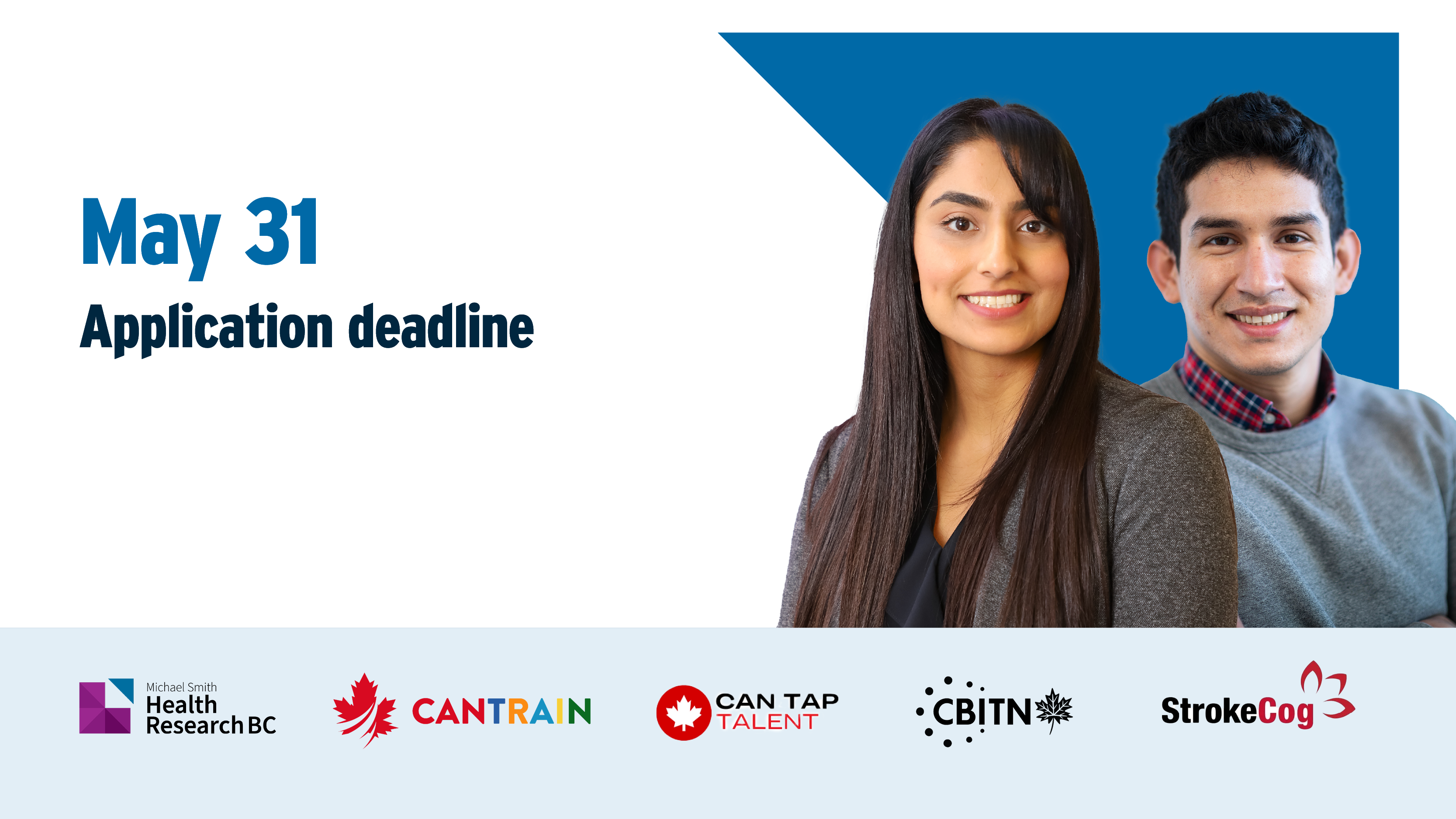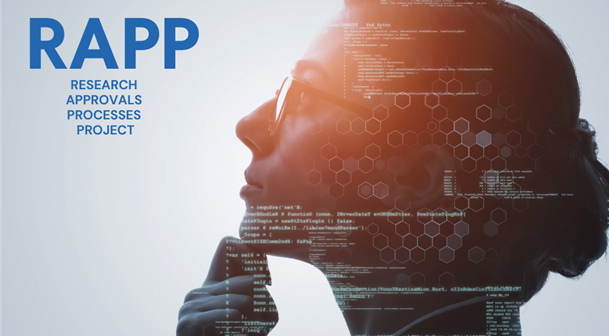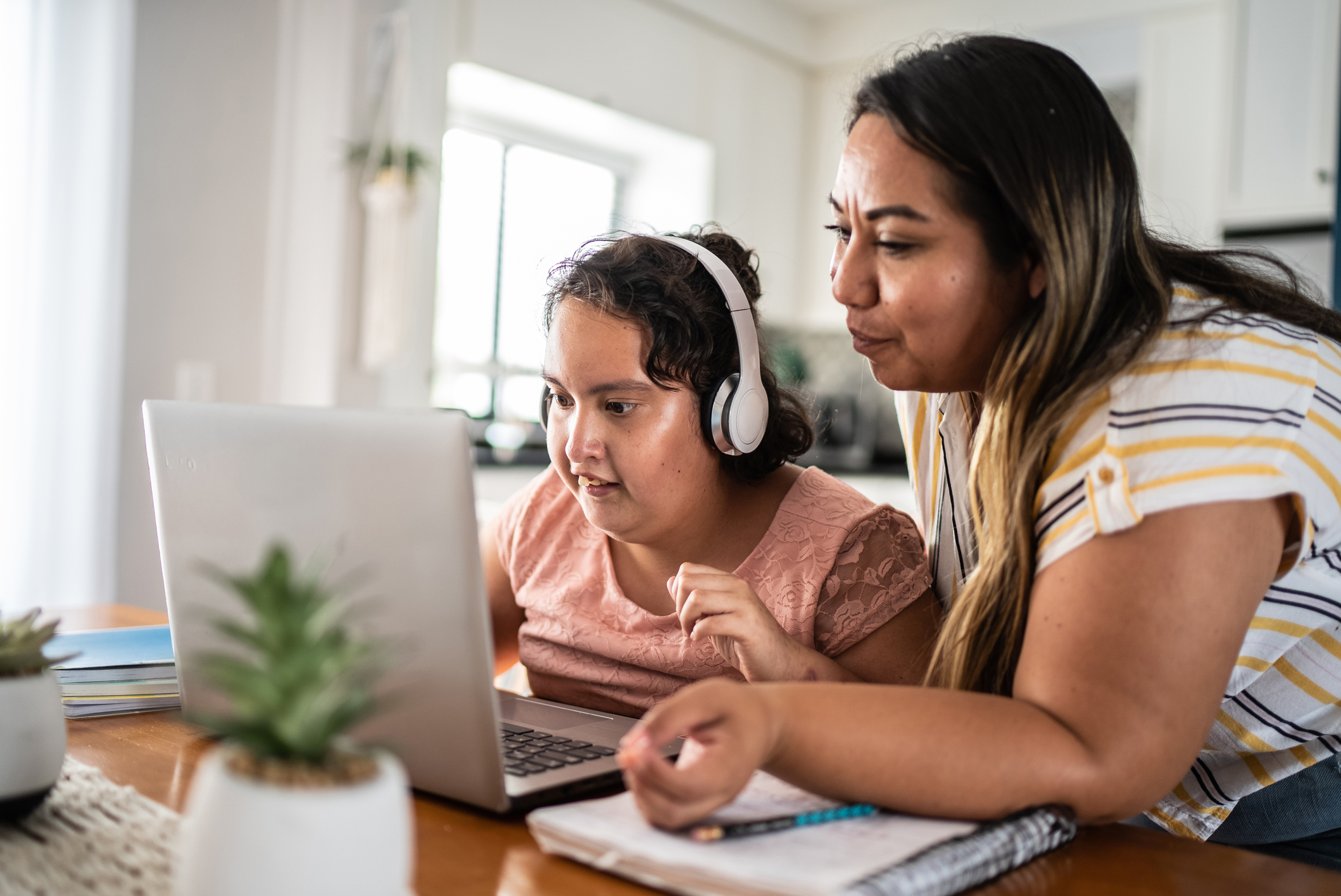Partnering with COVID-19 patients to track future health
1 December 2020

When a person recovers from COVID-19, does their health fully recover – or do certain health problems linger and others emerge over time?
That question is the driver behind a novel and unique COVID-19 patient registry project launched by Dr. Chris Carlsten, professor and division head of Respiratory Medicine at the University of British Columbia, in partnership with the Vancouver General Hospital and St. Paul’s Hospital – and with funding from the MSFHR COVID-19 Research Response Fund.
The new patient registry will track the health of every person who recovered from COVID-19, the “survivors,” who were discharged from the major hospitals in Vancouver and agreed to participate in the registry.
Over a period of two years, survivors will meet with the research team for scheduled testing to assess lung health, kidney function, neurological condition, psychiatry problems, frailty, quality of life, and other measures. The results will be collected and analyzed through the registry to give all healthcare providers in British Columbia the information they need to care for survivors.
The research team is not only tracking the survivors though – they are working directly with patient partners to set the project priorities and conduct the research through a partnership with BC SUPPORT Unit. Seven patient partners sit at the table with researchers and physicians, and many patient partners are part of each committee linked to the project.
These patient partners provide feedback that leads to critical changes being made to the registry structure and testing/questionnaire regime. Questionnaires have been developed and tests selected based on feedback from the patient partners on what does and does not work.
“The funding from MSFHR enables this patient-oriented research, which has fundamentally changed the way we view everything we do on this project,” said Dr. Carlsten. “Each test, questionnaire and element of the project now has that patient perspective in terms of its value and the real impact.”
Many of the patient partners for this study were found through the REACH BC platform, the result of a demonstration project funded by the BC SUPPORT Unit. The BC SUPPORT Unit supports researchers through research navigation expertise, consultation on best practices in engaging patient partners in research design, and training and capacity development opportunities for researchers considering engaging in patient-oriented research. Regional centres throughout the province are available for researchers outside of the Metro Vancouver area.
Catherine McNeil, one of the patient partners who helped guide the registry project through her participation with the provincial Post-COVID Interdisciplinary COVID Clinical Care Network (comprising several Post-COVID Recovery Clinics), said there are many areas already where survivors have provided important input into the project design.
For example, many survivors remain depleted of energy three months after recovery, so they do not have the capacity to take an endless number of tests or fill out long questionnaires. With this feedback, the research team combed through the proposed test and questionnaire list to determine which will lead to the most valuable results—and which could be removed or modified.
“We hope our impact is that the project is delivered in a way that does not burden the patient unduly,” said McNeil. “We know what it feels like to be post-COVID but still not able to walk up a hill.”
The nimbleness of the registry project—making responsive changes based on patient partner feedback—has been spurred by the urgency and uncertainty of COVID-19. In a matter of months, the project team has broken through layers of bureaucracy and consensus building that can often otherwise hold up research projects.
This rapid, responsive, and inclusive model will continue to guide the registry project over the next two years—with the ultimate goal of supporting survivors with the medical care they need.
The intention is to make this a province-wide initiative and include survivors who were not hospitalized but have ongoing health issues related to COVID-19.
Launched on April 6, 2020 and funded by the Province of BC, the MSFHR COVID-19 Research Response Fund supports urgent research needs important to British Columbia that have arisen as a result of the COVID-19 pandemic. The fund is just one part of a coordinated British Columbian health research approach involving assets that support health research as well as innovative, cross-disciplinary researchers and teams.
The COVID-19 Patient Registry is also supported by Legacy for Airway Health, BC SUPPORT Unit, Vancouver Coastal Health Research Institute, Providence Healthcare Research Institute, and TB Vets Charitable Foundation.
Dr. Carlsten’s team also includes hospital respirology leaders Dr. Jay Johnston from Vancouver General Hospital and Dr. Chris Ryerson from St. Paul’s Hospital to ensure this is a truly integrated effort.
As the provincial health research funding agency, MSFHR is committed to enabling responsive, relevant research to support British Columbia’s efforts surrounding the pandemic and ensuring that the health research community has the resources it needs to continue doing world-class research during a time of rapid and inequitable change. Learn more about MSFHR’s COVID-19 Research Response.





